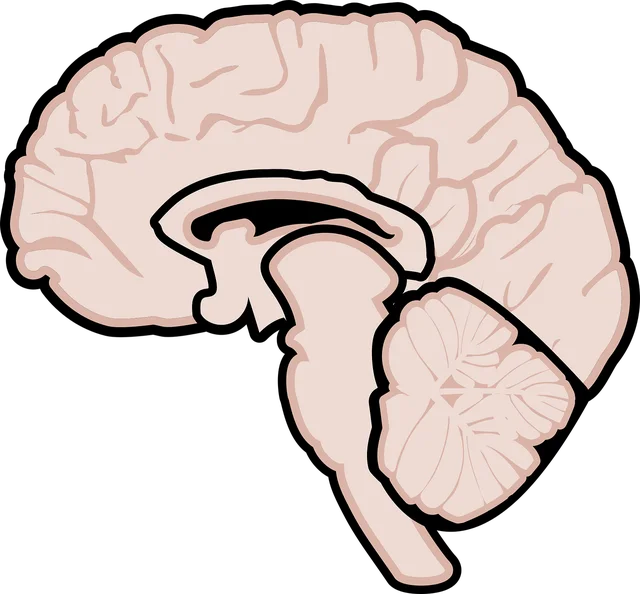Multiple Sclerosis: What does it mean?
Multiple Sclerosis is a progressive, chronic neurological condition that can affect the central nervous systems. The myelin sheath is the protective layer that surrounds nerve cells and the spinal cord. The damage causes a disruption in communication between the brain, other parts of your body and can result in many physical, mental and emotional symptoms. MS, which is the leading disabling neurological condition in young adults worldwide, affects over 2. 3 million people .

Multiple Sclerosis: Common Causes
Although the exact cause of MS remains unknown, researchers think that genetics and environment play an important role. Multiple sclerosis is most commonly caused by:
- Infections: Some infections like Epstein-Barr virus can trigger an auto immune response that could lead to MS.
- MS is more common in those with MS-related family history.
- Environment Factors: A person may be more susceptible to developing MS if they are exposed to pesticides and other environmental toxins.
There are many common treatments for multiple sclerosis
Although there is no cure, MS can be managed with a number of treatment options. MS treatments include medication, lifestyle changes, and occupational therapy. Interferon beta and glatiramer alcetate are some of the Medications that can help reduce inflammation and stop the disease from progressing. Occupational therapy as well as physical therapy are two options that can improve balance and coordination. Lifestyle changes such as exercise and stress management can help to manage the symptoms.
Views of experts and professionals regarding Multiple Sclerosis
MS management is best if it's diagnosed early. The National Institute of Neurological Disorders and Stroke states that early diagnosis and aggressive treatment are key to slowing the progression of the disease and reducing the severity of the symptoms. Research also shows lifestyle changes can be helpful in managing symptoms and preventing relapse. Regular exercise, for example, has been shown to decrease fatigue and mobility in MS patients. It may also reduce the likelihood of disability progression.
There are natural remedies and tips for multiple sclerosis.
There is no cure, but there are natural ways to manage MS symptoms and increase quality of your life. These are some of the tips:
- Get active regularly. Regular exercise is a great way to reduce fatigue and improve mobility. It can also reduce your risk of developing a disability.
- Healthy eating habits: A well-balanced, healthy diet that includes plenty of vegetables and fruits can reduce inflammation, improve health, and help you feel better.
- Control stress: MS symptoms can be made worse by stress. It is important that you find ways to relax and manage your stress. Deep breathing, yoga, meditation and mindfulness can all be helpful.
- Sleep: It is important that you get enough sleep. MS symptoms can be worsened if there aren't enough hours in the night.
- Keep hydrated. This can reduce fatigue and increase cognitive function.
Multiple sclerosis (MS) is a progressive, chronic neurological condition that can affect the central nervous system. There is no cure, but there are many treatments that can be used to manage the symptoms and stop the disease from progressing. It is important to get diagnosed early and take aggressive measures. Lifestyle changes such as exercising regularly, managing stress and getting enough sleep can also be helpful. Experts agree that natural remedies and tips can help to improve your quality of life.
Multiple sclerosis can be a difficult condition, but it's possible to lead a fulfilling and active lifestyle with the correct treatment and lifestyle changes. MS patients can live productive, fulfilling lives with the right care and support.